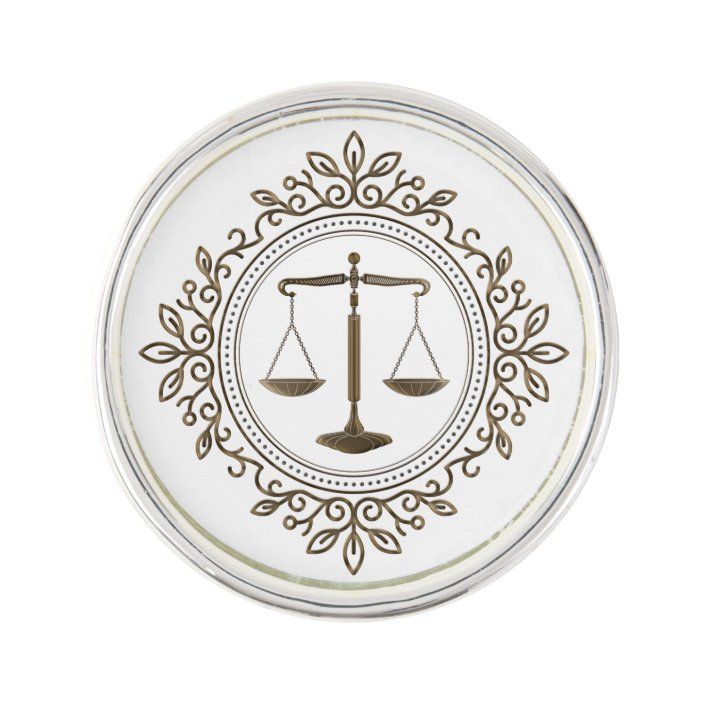Rights and obligations of the lessor and the lessee
The conclusion of a lease agreement is one of the most common agreements in civil circulation, both for individuals and for legal entities. For the successful functioning of this legal relationship, it is important to clearly understand the rights and obligations of both parties - the lessor and the lessee. In this article, we will look at the key aspects of this legal relationship, as well as how legal advice, legal analysis of the situation, legal opinion and the help of a lawyer online can help to avoid possible problems.
Rights and obligations of the lessor
Rights of the lessor:
- Receipt of rent: The lessor has the right to timely receipt of rent in the amount specified in the lease agreement.
- Preservation of property: The lessor has the right to demand from the lessee proper maintenance and use of the leased property in accordance with the terms of the contract.
- Property control: The lessor has the right to control the use of the leased property, check its condition, but without violating the rights of the tenant.
Responsibilities of the lessor:
- Provision of property for rent: The lessor is obliged to transfer the property to the tenant in a condition suitable for use according to the terms of the contract.
- Provision of uninterrupted use: The lessor must provide the tenant with the possibility of uninterrupted use of the leased property throughout the lease term.
- Repair and maintenance: The lessor is obliged to carry out major repairs of the property, unless otherwise stipulated by the contract.
Rights and obligations of the lessee
Tenant rights:
- Use of the property: The lessee has the right to use the leased property in accordance with the terms of the contract.
- Improvements to the property: The tenant has the right to make improvements to the leased property, if this is provided for in the contract or with the permission of the landlord.
- Preferential right to contract extension: The lessee has a priority right to enter into a new lease contract after the expiration of the current contract, if he has properly performed his duties.
Responsibilities of the tenant:
- Timely payment: The tenant is obliged to pay the rent in a timely manner in the amount and terms specified in the contract.
- Proper use: The lessee is obliged to use the leased property in accordance with its purpose and the terms of the contract.
- Maintenance: The tenant must carry out current repairs and maintenance of the property, unless otherwise stipulated in the contract.
Legal analysis of the situation
Legal analysis of the situation is an important tool for determining the legality of the actions of both parties in contractual lease relations. The lawyer performs a legal analysis, taking into account all the circumstances of the case, the terms of the contract and current legislation, providing recommendations on further actions.
Consultation of a lawyer
Consulting a lawyer helps landlords and tenants understand their rights and obligations, and avoid possible legal mistakes. The lawyer provides detailed information about legal requirements, terms of the contract and possible risks.
Legal opinion
A legal opinion is an official document that confirms the legal position of the party in the contractual lease relationship. The conclusion is based on a legal analysis of the situation and can be used as evidence in legal disputes or during negotiations.
Lawyer's help online
The help of a lawyer online allows you to get professional legal support without the need for face-to-face meetings. An online lawyer can provide consultations, help with the drafting of contracts, and also represent the interests of the parties in court or other bodies.
Advantages of the help of a lawyer online:
- Promptness: The ability to receive advice and the necessary assistance at a time and place convenient for you.
- Affordability: Helping a lawyer online allows you to save money on travel and personal meetings.
- Professionalism: Obtaining qualified legal assistance from experienced specialists.

































